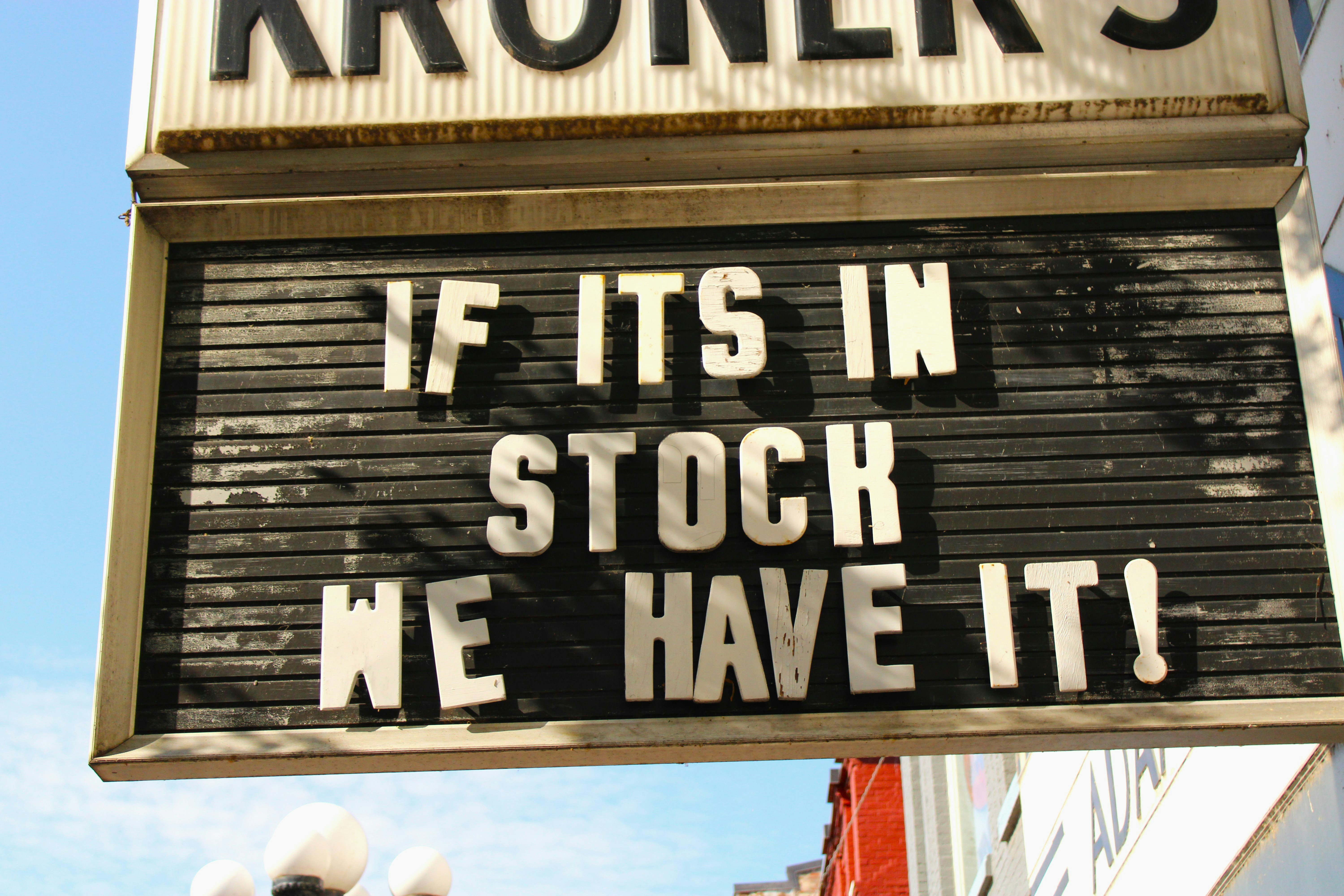 When it comes to SMS, you only have a handful of characters to make an impression. That’s both the challenge and the opportunity. The best campaigns are often the ones that make people smile, raise an eyebrow or stick in their mind long enough that they can’t resist clicking. It’s not about writing novels in miniature - it’s about making the most of the short space you’ve got.
When it comes to SMS, you only have a handful of characters to make an impression. That’s both the challenge and the opportunity. The best campaigns are often the ones that make people smile, raise an eyebrow or stick in their mind long enough that they can’t resist clicking. It’s not about writing novels in miniature - it’s about making the most of the short space you’ve got.
A good starting point is remembering that tone matters. An SMS doesn’t have the luxury of design, colour or layout, so your words are doing all the heavy lifting. Humour works when it’s done well, but it has to feel natural for your brand. For example:
-
Plain reminder: “You left items in your cart. Complete your purchase here: [link]”
-
Playful reminder: “Your cart’s been staring at us all day. Want to give it a happy ending? [link]”
Both get the point across, but the second feels lighter and more human.
Conciseness is another skill in itself. Every word in a text should be earning its place. That means trimming down long sentences, avoiding jargon and keeping the focus on what the customer should do next. If you’re pointing them to a link, make sure it’s clear what they’ll find when they get there. Curiosity is powerful, but confusion is not.
It also helps to think in terms of moments. Bulk SMS doesn’t have to mean bland. Tie your message into a seasonal event, a funny cultural reference or even the time of day. For instance:
-
Straightforward promo: “20% off coffee today. Order now: [link]”
-
Timely twist: “3pm slump? We’ve got coffee waiting to save you: [link]”
The second line connects with a real-life situation, which makes the offer feel more personal.
Testing is where copywriting turns into craft. Send two variations of a text and see which gets more clicks. Sometimes the witty line wins, sometimes the straight-to-the-point version performs better. For example, one brand found “Sale ends midnight” outperformed “Beat the clock - sale ends tonight.” The data will tell you what your audience responds to, and from there you can build a style that feels consistent.
In the end, writing SMS that gets clicks isn’t about trying to be a comedian in 160 characters. It’s about being clear, memorable and - when it fits - just a little bit funny. Words that feel real and relatable always win out over words that sound like an ad.